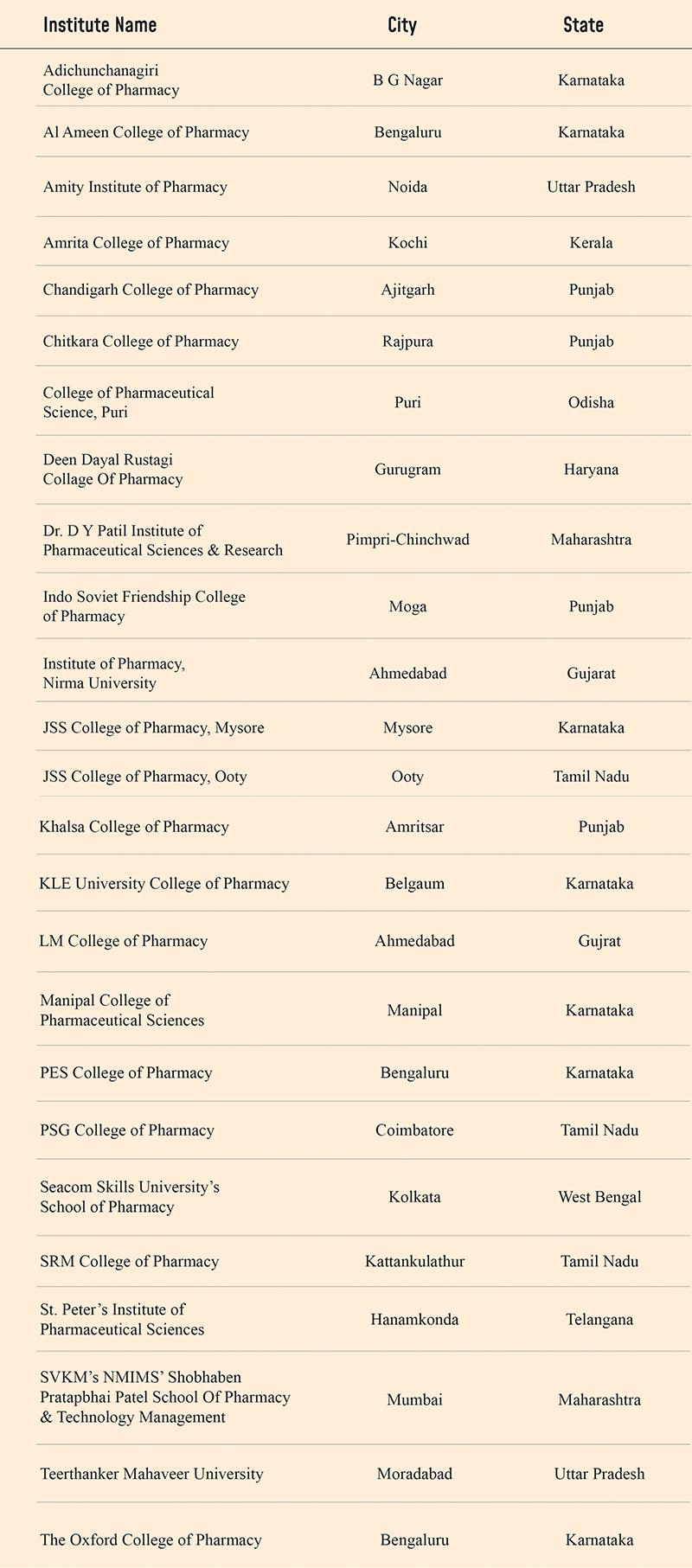Notwithstanding that pharmacists are the only people capable of reading prescription notes, even when the doctors themselves fumbles, they are the ones who are our go-to for headaches and other common ailments. These close relationships that patients have with pharmacists, more than even doctors at times, only exemplifies the government’s responsibility to help pharmacists do their job with caution by providing exemplary education.
India is recently seeing a rise in the number of multispecialty hospitals, thereby creating a buzz among students to opt for pharmacy courses, the most preferred course being diploma in pharmacy. In these hospitals, one cannot expect to have professionals who are unaware of modern techniques of medicine logistics and new medicines used for serious diseases. Thus, it lays particular emphasis on the standard of pharmaceutical education.
However, the reality is appalling when one realizes that there has not been a single up-gradation to the diploma in pharmacy syllabus since the last 25 years and students are still been taught according to a 1994 curriculum. A drastic upgrade to the curriculum is the need of the hour as pharmacists directly affect the health of a nation. Similarly, a wake-up call must be given to the state technical education department to survey all the pharmacy colleges to check whether all the facilities are provided to students or not.
We at the higher Education Digest truly comprehend the role that Pharmacy colleges play in the safeguarding the health of a country. Therefore, with the help of our advisory panel consisting of senior academicians and practising industry professionals, we have come up with a list of “25 Must Watch Pharmacy Colleges in India”. The colleges’ names in this issue not only take utmost care to impart up-to-date curriculum to the students but also instils in them the necessity to act with ethos. These colleges have time and time again proved their mettle and we sincerely hope that our efforts in showcasing these prime colleges will help young aspiring graduates, business leaders, curriculum providers, and other stakeholders in their respective educational journeys.





